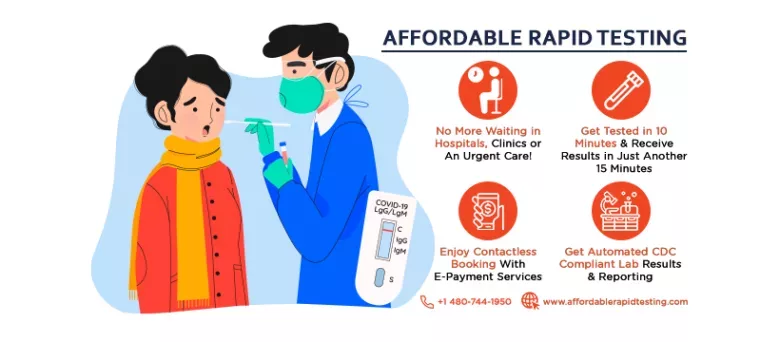The Oral Transmission Factor
When it comes to safeguarding sexual health, condoms have long been championed as a frontline defense against sexually transmitted diseases (STDs). However, recent research underscores a crucial limitation in their efficacy, particularly concerning STDs like chlamydia and syphilis, where transmission through oral sex is alarmingly prevalent. Despite their utility in reducing the risk of many STDs, condoms offer limited protection against infections transmitted orally.
According to studies, more than 50% of all chlamydia, gonorrhea, and syphilis cases have been traced back to oral transmission. This statistic highlights a critical gap in the conventional understanding of safe sex practices. While condoms significantly reduce the risk of STD transmission during penetrative intercourse, they provide inadequate protection against infections contracted through oral-genital contact. Chlamydia and syphilis, in particular, are notorious for their ability to spread via oral sex, making reliance solely on condoms a risky proposition in the realm of sexual health.
The biology of these infections further complicates matters. Chlamydia, for instance, can infect the throat, while syphilis can be transmitted through contact with infectious sores present on the mouth or lips. The inherent nature of oral sex, with its potential for direct mucosal contact, amplifies the risk of transmission, even with the use of condoms.
This reality underscores the importance of adopting a comprehensive approach to sexual health education and prevention strategies. While condoms remain a vital tool in reducing the risk of STD transmission, they are not foolproof, especially in the context of oral sex. Education about the risks associated with various sexual activities, regular testing, and open communication between partners are essential components of a holistic approach to sexual health promotion.
In conclusion, while condoms play a crucial role in preventing STDs, including chlamydia and syphilis, their efficacy is significantly compromised when it comes to oral transmission. Acknowledging this limitation is paramount in empowering individuals to make informed decisions about their sexual health and well-being.


